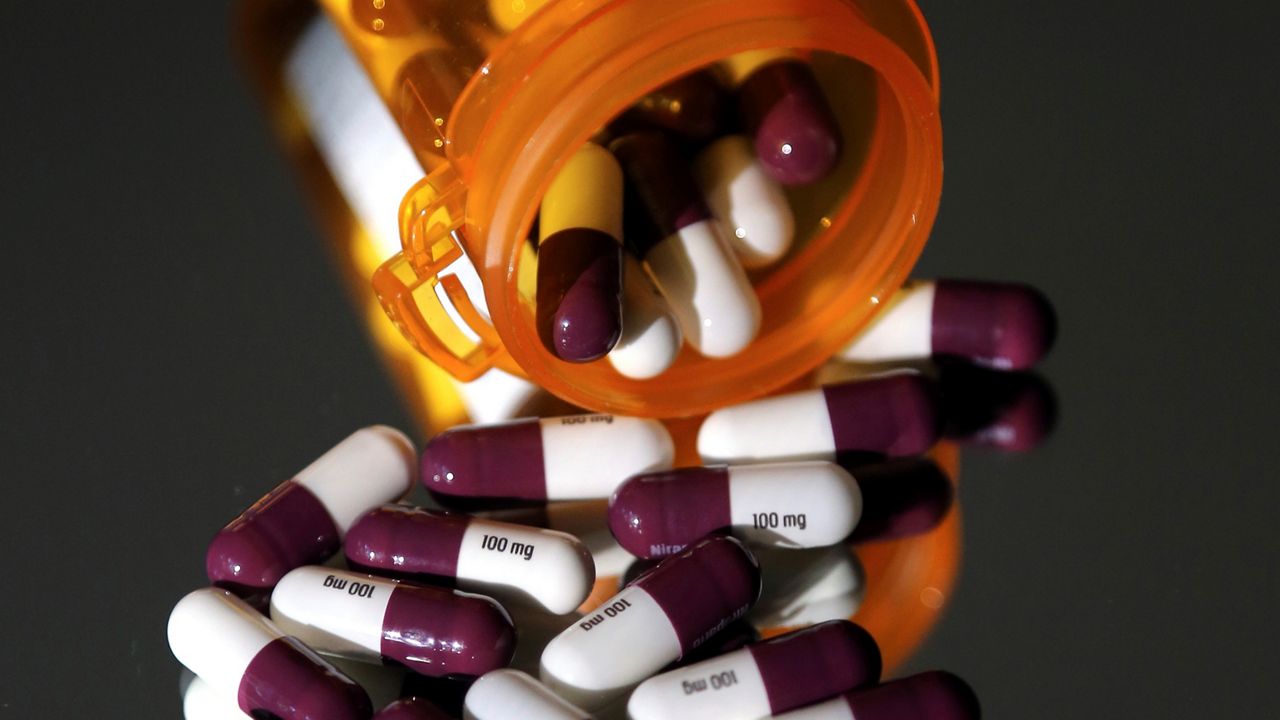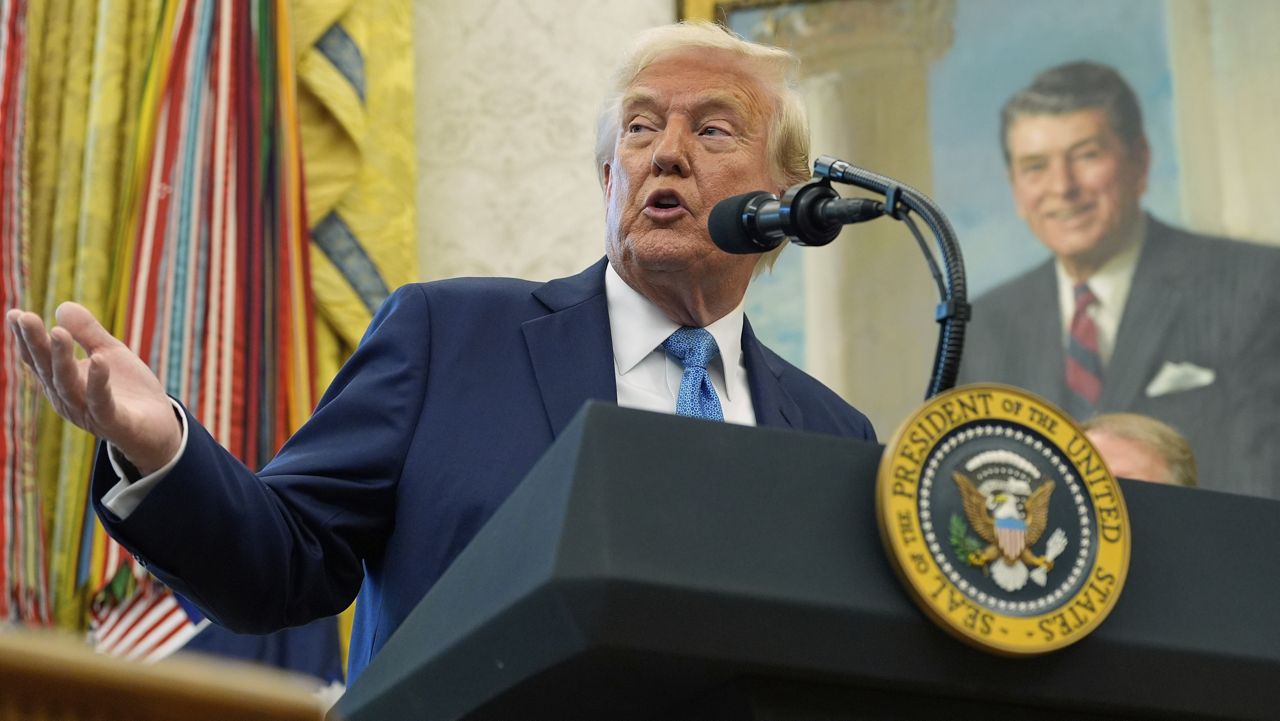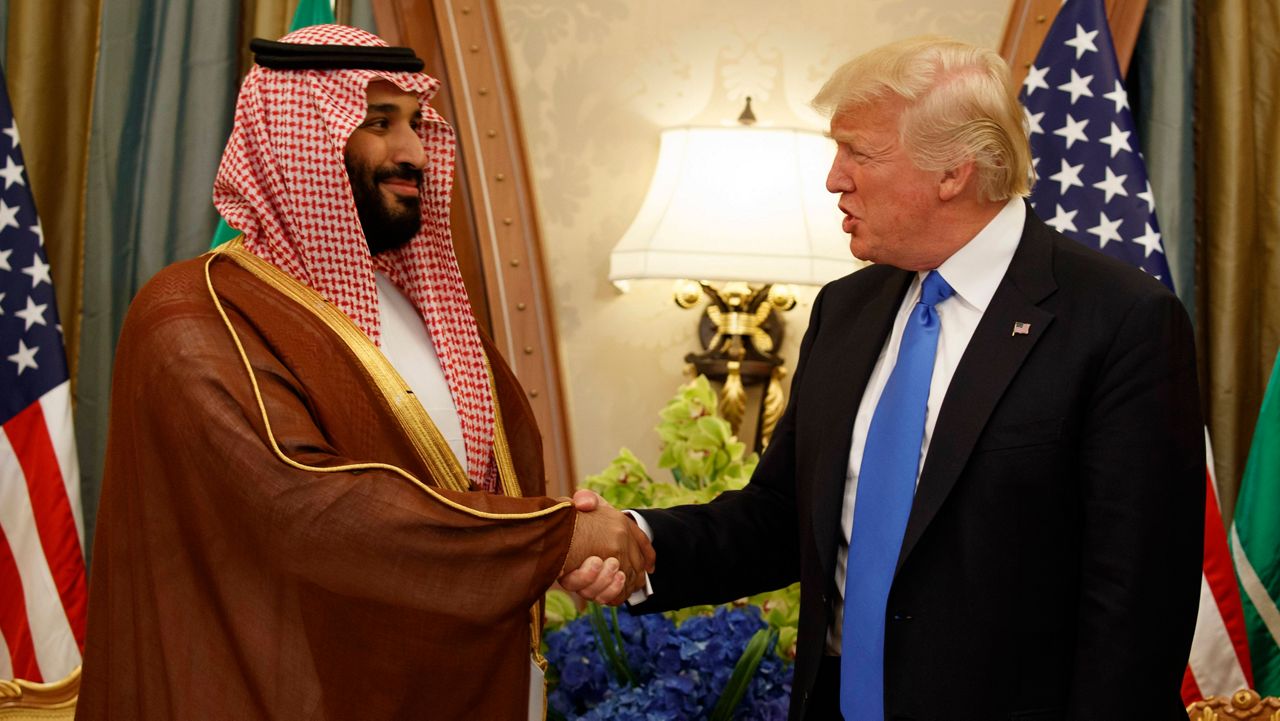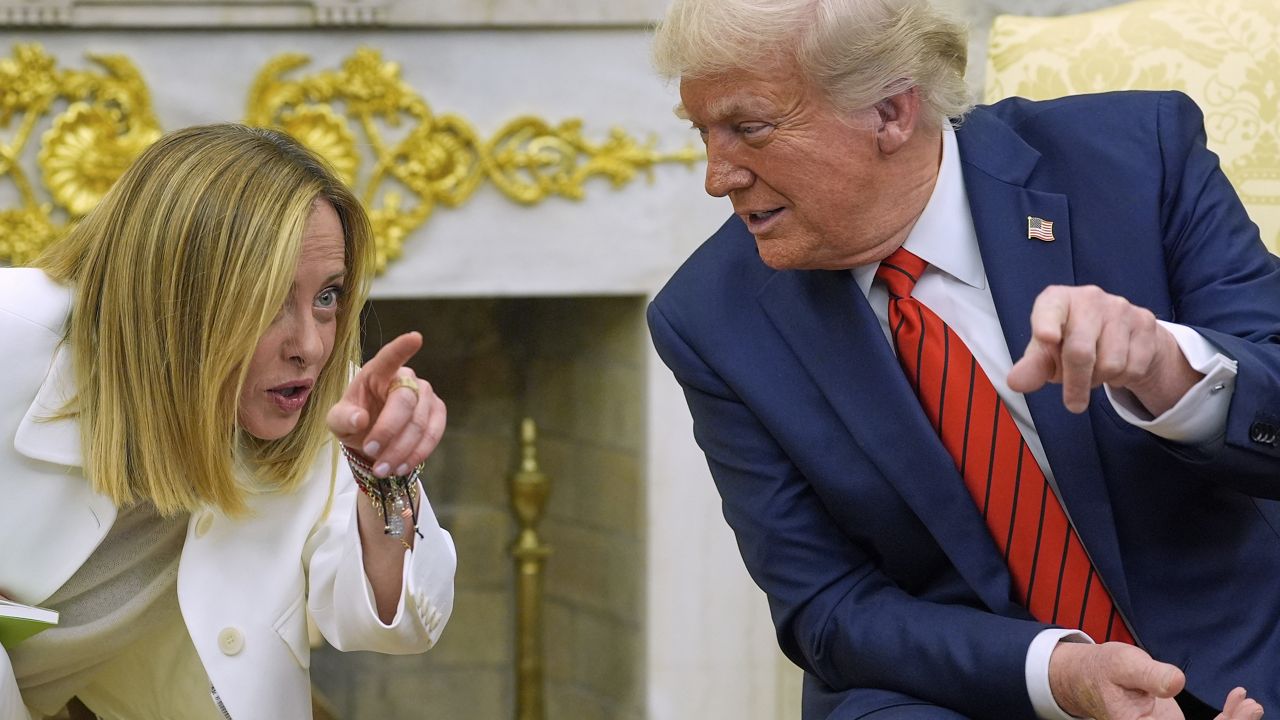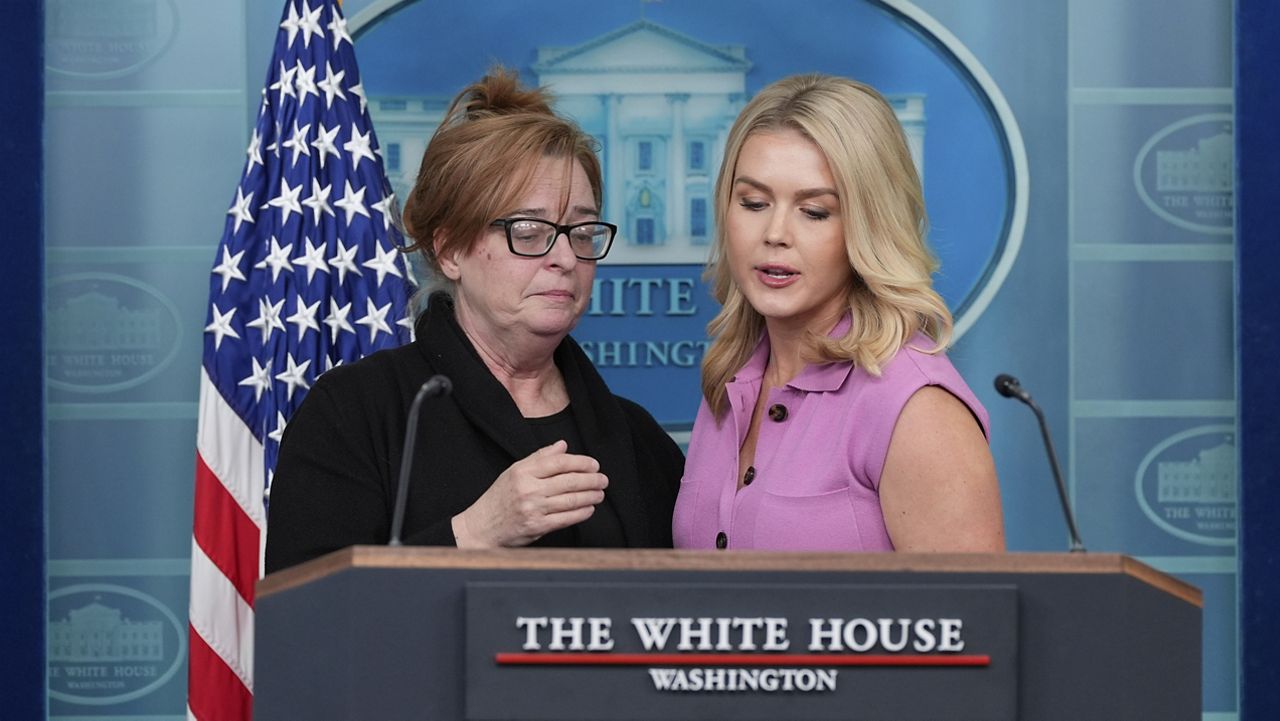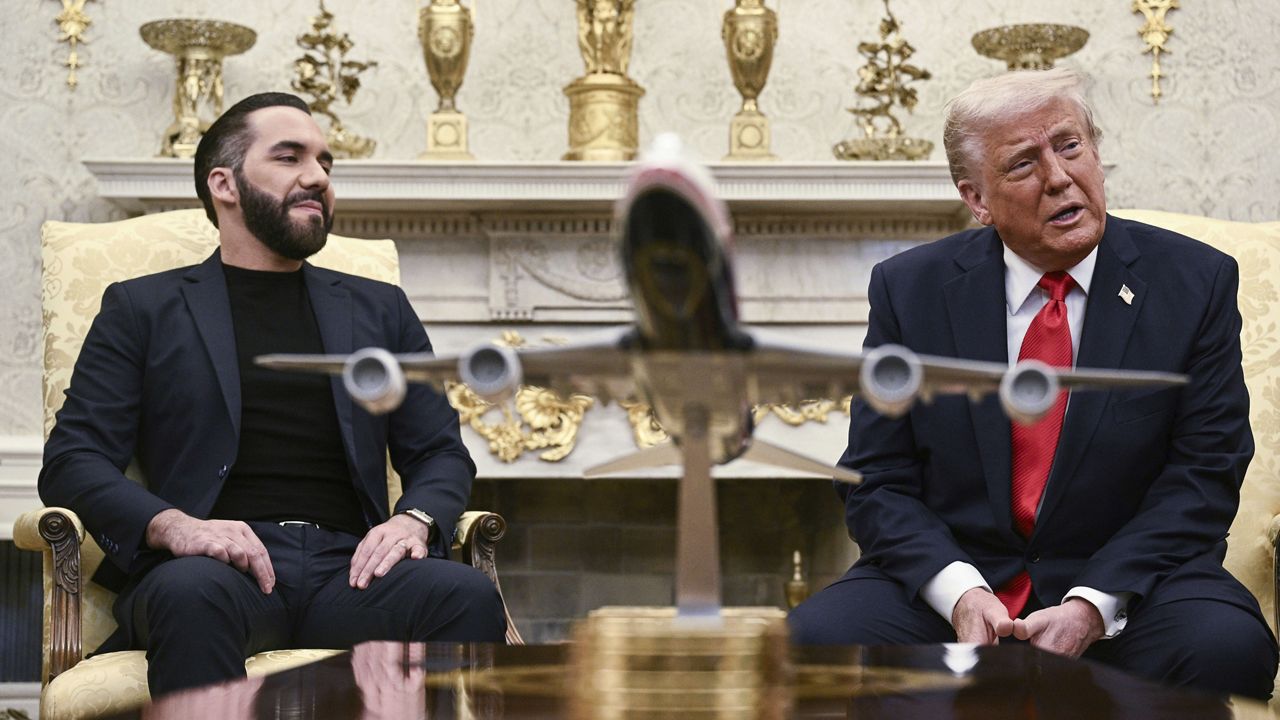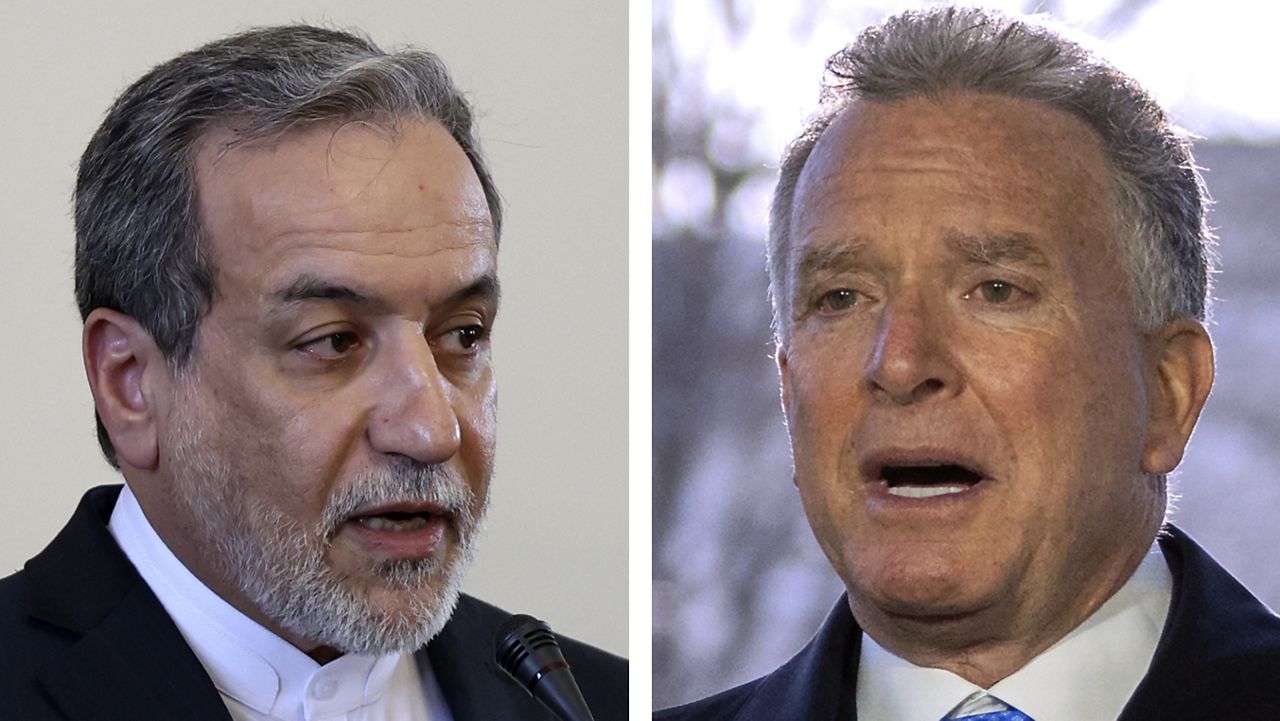WASHINGTON — The Trump administration is launching national security probes into the impacts of imports of pharmaceuticals and semiconductors, a move that could be a step toward imposing the new tariffs in the industries that President Donald Trump has recently pledged.
Separate notices in the Federal Register posted late Monday and set to publish on Wednesday seek public comment on national security investigations of imports of semiconductors and semiconductor manufacturing equipment, as well as pharmaceuticals and pharmaceutical ingredients.
The documents show the probes have been initiated under section 232 of the Trade Expansion Act of 1962, the same vehicle that formed the basis for a previously announced investigation into imports of copper that the White House said could lead to tariffs in that industry.
In a significant move last week, Trump announced he was delaying for 90 days the “reciprocal” tariffs he imposed on countries with which the U.S. has the largest trade deficits but keeping in the across-the-board 10% on most countries. China was the exception to the pause in “reciprocal” tariffs, with the president raising them instead as a trade war between the world’s two largest economies bubbles.
Nonetheless, Trump pledged that a fresh levy specifically on pharmaceuticals was in the works, promising a “major tariff” at a dinner of the National Republican Congressional Committee last week that he said would convince the industry to move away from China.
Meanwhile, after announcing an exception for imports of electronics such as smartphones and laptops on Friday – something particularly relevant to the trade feud between the U.S. and China – the administration made clear over the weekend that it views such an exemption as temporary. Instead, it said it would instead be imposing new "sector specific" tariffs and fees specifically on imports of semiconductors, which are used to make everyday things like cars, smartphones and more and are crucial in artificial intelligence.
China is a key player for the U.S. when it comes to imports and exports of semiconductors.
Trump on Sunday told reporters that the semiconductor tariffs would be in place in the “not distant future" and said he would announce a rate over the next week.
“We want to make our chips and semiconductors and other things in our country,” Trump continued. “And I will tell you another one is pharmaceuticals, drugs and pharmaceuticals. We want to make our drugs in this country, and by placing a tariff on the companies that are not in this country, they're going to move into our country.”
Trump's predecessor, former President Joe Biden, also sought to bring manufacturing of semiconductors back to the U.S. but did so with a different approach, instead seeking to pour billions into the industry at home with the passage of the CHIPS and Science Act.
The currently unpublished notices sets a 21-day period for public comments on the probes.




